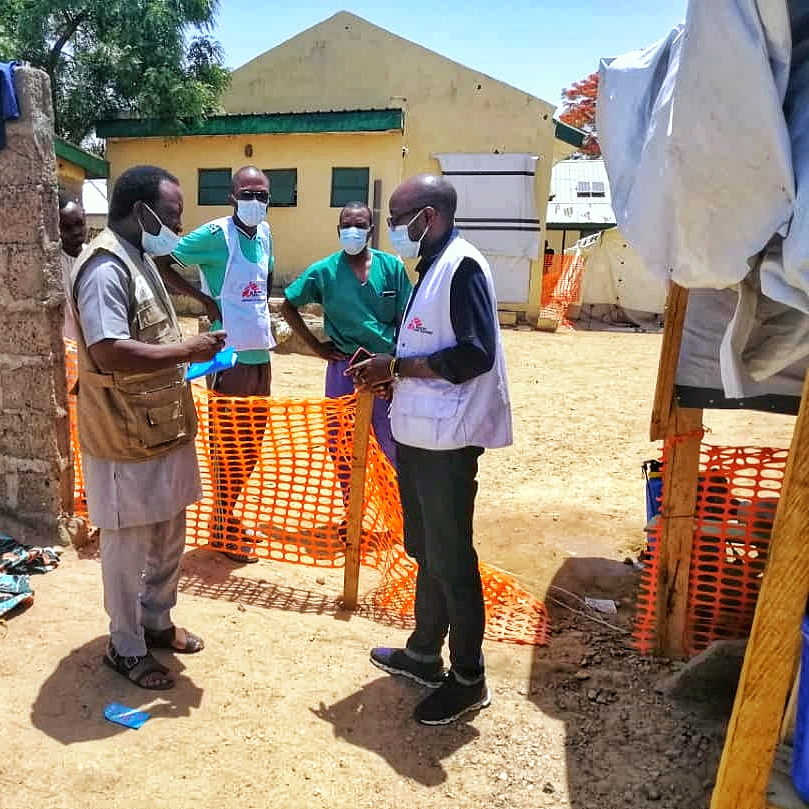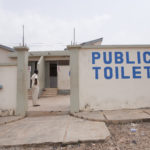The Nigeria Centre for Disease Control has activated a multi-sector national emergency operations centre to contain cholera outbreak following increase in number of infections across the country.
The activation is to mitigate the risk of large outbreaks across states.
- Buhari asks Fashola, Malami, others to dialogue with Twitter
- BREAKING: #EndSARS protester who put to bed in prison freed after 7 months
The rising number of infections have hit most in Plateau, Bauchi, Gombe, Kano, Zamfara, Bayelsa and Kaduna in the last one month.
Some 10,833 suspected cholera cases have been reported with 112 confirmed cases and 289 deaths since the start of the year
The ministries of environment and water resource are co-leading the operations centre, considering the link between cholera and water, sanitation and hygiene.
At national level, the operations centre supports states to ensure response to the ongoing cholera outbreak is coordinated, rapid, and effective.
Rapid response teams are being deployed to states, and medical and lab supplies ramped up, while risk communication is being scaled up, said the NCDC.
“Additionally, the resources that have been developed as part of Nigeria’s COVID-19 response are being used to strengthen the response to the cholera outbreak.”
Cholera is both preventable and treatment but can easily blow into an epidemic.
It is transmitted by eating or drinking contaminated food or water.
The number of cholera cases tends to increase with the onset of the rainy season.
The risk of death from cholera is higher, when treatment is delayed.
It is very important to visit a health facility if you have symptoms such as watery diarrhoea and vomiting.
The NCDC urges members of the public to be aware of the risk of the disease and adhere to the following precautionary measures to ensure safety:
- Boil and store water in a clean and safe container before drinking.
- Prepare, cook and store food safely.
- Wash hands frequently with soap under clean running water to prevent infectious diseases including cholera. This is especially important after defecation and before handling food or eating.
- Avoid open defecation and indiscriminate refuse dumping which contribute to the spread of cholera.
- Visit a health facility immediately if you have symptoms such as watery diarrhoea.
- Healthcare workers should have a high index of suspicion for cholera, and maintain universal care precautions at all times.

 Join Daily Trust WhatsApp Community For Quick Access To News and Happenings Around You.
Join Daily Trust WhatsApp Community For Quick Access To News and Happenings Around You.

